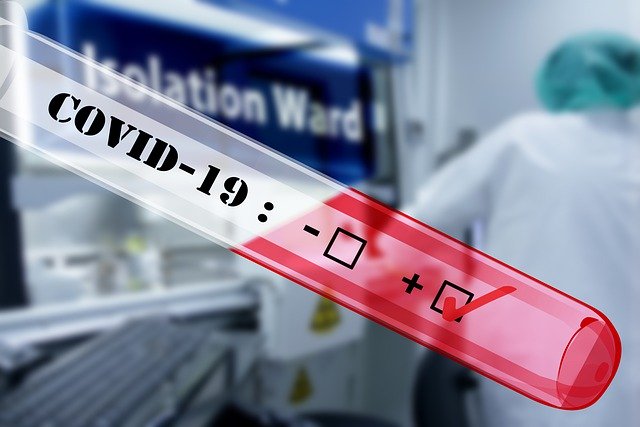@BryanRenbaum
Senate Democratic leaders Wednesday outlined the framework of a legislative package aimed at addressing a myriad of challenges associated with the COVID-19 pandemic.
Some of the proposals are currently before the General Assembly. They include: establishment of a public health job corps made up of unemployed Marylanders that would be put to work performing COVID-related tasks such as contact tracing, expansion of telehealth services, expansion of testing and contact tracing operations, improving vaccine distribution metrics, expanding access to broadband internet, providing loans to small businesses, expanding educational opportunities and job training, expanding tax credits to low-income individuals and requiring the Department of Budget and Management to submit a report to lawmakers on the use of federal COVID-19 funds provided to the state.
“The framework focuses on protecting public health, protecting jobs and income, preparing for future public health crises, and assessing our progress to date,” Senate President Bill Ferguson said at a virtual news conference.
Ferguson added: “There is no single policy that will address everything impacted by COVID-19. We know how diverse this pandemic has been. However, there are targeted things that the Maryland General Assembly can do and will do to help Marylanders with the lasting ramifications.”
Sen. Malcolm Augustine (Prince George’s) emphasized the need for the state to be prepared to address future public health crises that may arise.
“As we have all had to navigate COVID-19 it is very clear that there are so many policies that had they been in place could have helped prepare us for such an enormous public health crisis…Although the light at the end of tunnel may be near for COVID-19, we know that there may be future health crises that pose similar challenges to Marylanders.”
Augustine, who has sponsored legislation aimed at increasing access to broadband internet service, said that that technology is crucial during a pandemic.
“Our children need access to broadband and technology to learn in this environment-as do our workers to fulfill their duties…There is no better time to start preparing for our next health crisis than now. We must use what we have already learned from this pandemic to limit the damage of any future health crisis.”
Sen. Nancy King (Montgomery) echoed similar sentiments.
“Even though we are still in the midst of this pandemic we must continue to assess our progress in a variety of areas.”
King, who has sponsored legislation aimed at keeping tracking of the state’s use of COVID-19 federal funds, said that that is just one metric by which progress should be measured.
“This assessment is paramount to ensure that we are deploying funding in a way that is equitable and supports Marylanders’ variety of needs.”
The Senate Budget and Taxation Committee is scheduled to hold a hearing on the legislation this afternoon.
There are 372,980 confirmed cases of COVID-19 in Maryland as of Wednesday morning, according to the state’s Department of Health, and 7,449 people in Maryland have died from the virus. The state’s positivity rate is at 4.17%, which is within CDC recommended guidelines for containment. Maryland has conducted more than 7.5 million COVID-19 tests.
Maryland’s health care providers have administered 936,557 doses of the COVID-19 vaccine. That includes the distribution of more than 812,000 first doses and the distribution of more than 581,000 second doses. Nearly 671,000 first doses have been administered and nearly 266,000 second doses have been administered.
Maryland ranks near the bottom when it comes to vaccine distribution and currently sits at 40 out of 50 among states, according to the Centers for Disease Control (CDC).




Recent Comments